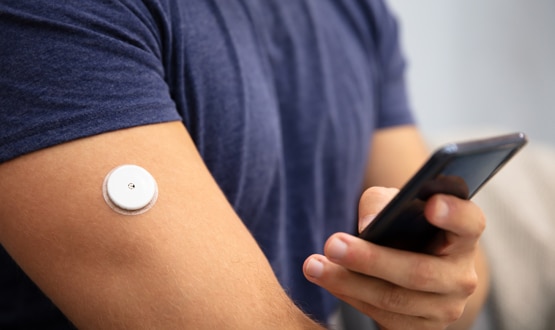Stevens launches innovation ‘test beds’

Seven ‘test bed’ sites for innovations such as remote monitoring and wearable technologies will be announced today by NHS England chief executive Simon Stevens.
Speaking at the World Economic Forum in Davos, Stevens will launch the first wave of NHS Innovation Test Beds, which includes five health and care projects and two focusing on the internet of things.
Innovations that successfully help patients stay well and monitor their conditions themselves at home will eventually be made available to other parts of the country.
One of the pilot sites is in the West of England where diabetes patients will be equipped with remote monitoring and coaching technology to allow them to better self-manage their condition.
Risk stratification of Rochdale patients will identify older patients who are most at risk of critical health events and they will supported with telecare and remote devices to try and avoid hospital visits.
In Birmingham, mental health patients will be able to use technology and apps to manage their condition, linked to a hub which can despatch specialist staff if a crisis looks likely.
One of the internet of things ‘test beds’ is a collaboration between Surrey and Borders Partnership NHS Foundation Trust and an array of health technology providers to help dementia sufferers.
Patients and their carers will be provided with sensors, wearables, monitors and other devices, which will combine into an 'Internet of Things' to monitor their health at home and enable health and social care staff to deliver more responsive and effective services.
Stevens will make the announcement at today’s 46th Annual Meeting of the World Economic Forum, which is themed ‘Mastering the Fourth Industrial Revolution’.
He is expected to say: "over the next decade major health gains won’t just come from a few 'miracle cures', but also from combining diverse breakthroughs in fields such as biosensors, medtech and drug discovery, mobile communications, and AI computing.
“Our new NHS Test Beds programme aims to cut through the hype and test the practical benefits for patients when we bring together some of these most promising technologies in receptive environments inside the world's largest public, integrated health service."
The test beds have been developing their proposals over the last nine months with support from the 15 Academic Health Science Networks.




